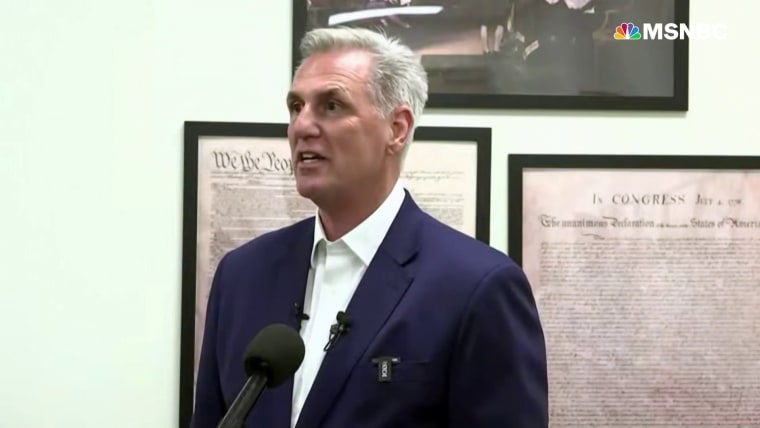We already knew U.S. District Judge Aileen Cannon is relatively inexperienced, and that her conduct in previous Donald Trump litigation suggested she wasn’t up to the task of overseeing his classified documents case. A Reuters report published Friday further underscores the Trump appointee's lackluster record, highlighting apparent errors she made in another case.
But before noting those reported errors and their significance, it’s important to remember they won’t result in kicking Cannon off the classified documents case. As I’ve noted, generally being a bad judge doesn’t necessitate reassignment (and she hasn't recused herself).
Rather, precedent indicates what’s needed is outlandish conduct within a particular case. For example, the 11th U.S. Circuit Court of Appeals, which covers Florida (where Cannon sits), reassigned a case after reversing the judge multiple times on the issue of the defendant’s sentence. Though Cannon was smacked down by the circuit in Trump’s previous civil litigation, she’d likely need to make similarly erroneous rulings in the criminal case itself — which she hasn’t done to date.
Still, the errors pointed out by Reuters don’t inspire confidence in Cannon as she’s set to handle Trump’s trial, currently set for May 2024. His case is complicated both legally — given the classified information at issue and the unique litigation that entails — and due to the obvious stakes for all involved in the trial of a former president and current presidential candidate.

According to Reuters, Cannon “closed jury selection for the trial of an Alabama man ... to the defendant’s family and the general public,” and she also “neglected to swear in the prospective jury pool — an obligatory procedure in which people who may serve on the panel pledge to tell the truth during the selection process.” The error “forced Cannon to re-start jury selection before the trial ended abruptly with defendant William Spearman pleading guilty as part of an agreement with prosecutors,” Reuters reported.
Cannon did not respond to Reuters' request for comment.
The Supreme Court has deemed courtroom closure a “structural error,” meaning one that can lead to the reversal of a defendant’s conviction, regardless of whether it affected the outcome of the trial.
On the bright side, Cannon should now be less likely to make those specific mistakes in Trump’s trial.
But in such a momentous case with complicated evidence to boot, she’ll have plenty of other opportunities to err.

